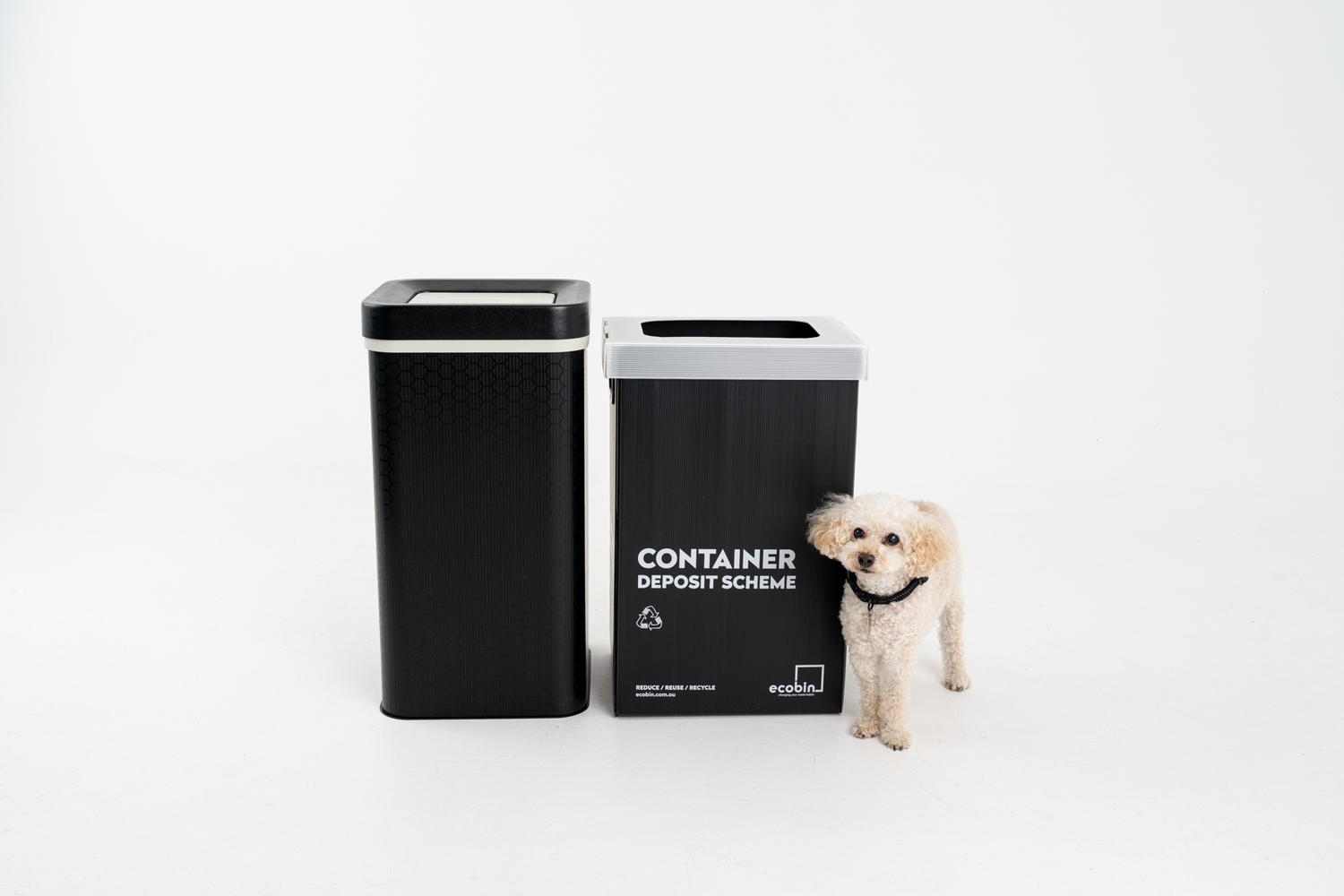
World Sea Turtle Day
On June 16 we celebrate World Sea Turtle Day. Sea Turtles are magnificent reptiles that have lived on the earth for millions of years and are thoroughly deserving of a day all to themselves to be celebrated!
Fascinating Sea Turtle Facts – did you know that;
- Sea Turtles are amazing creatures who have survived on the Earth’s ever-changing eco system for over 120 million years, they even outlived the dinosaurs, which makes them some of the oldest creatures on the planet!
- They have shells that are made up of 50+ bones that are fused together to protect their soft bodies from predators
- Female Sea Turtles return to the exact spot where they were born to lay their own eggs, even if they have travelled great distances from this nesting ground. This is due to their sensitivity to the Earth’s magnetic fields.
- When female turtles make their way up the beach to prepare to lay their eggs, it can take them between one and three hours to dig their nest and lay their eggs. They then lay up to 100 eggs at a time, and after around two months incubating the tiny sea turtles hatch and return to the sea. It’s approximated that unfortunately only one in every thousand hatchlings will survive to adulthood, which is why it’s so important that we do not ever disturb a nest if we find one on the beach.
- Turtles have an amazing life span – most living up to 100 years old!
- When you’re at the beach, make sure that you leave it as you found it. Ensure that you fill in any holes that may have been dug, knock down sandcastles that may have been made and take any rubbish with you. Taking your rubbish with you will ensure that it doesn’t end up in the ocean and leaving the sand in its natural condition will help female turtles easily make their way up the beach at night if they are coming in to build nests.
- Ensure that you recycle all your plastics correctly. This includes separating your soft plastics from hard plastics, this will help ensure that our soft plastics don’t end up in our oceans for Sea Turtles to mistake for food and accidentally ingest. EcoBin is committed to reducing landfill, saving our oceans and ensuring the future of our planet through our range of Waste Separation Recycling Bins.
- Turn off your lights if you live near the beach. Did you know that lights nearby the beach at night can actually disturb and disorientate female sea turtles when they are trying to make their way out of the water; it also affects hatchlings from locating the sea when they hatch. Something as simple as keeping porch lights off in the evening can make all the difference to Sea Turtles. You can enjoy the glittering moon light on the water and the turtles can focus on raising their little ones.
